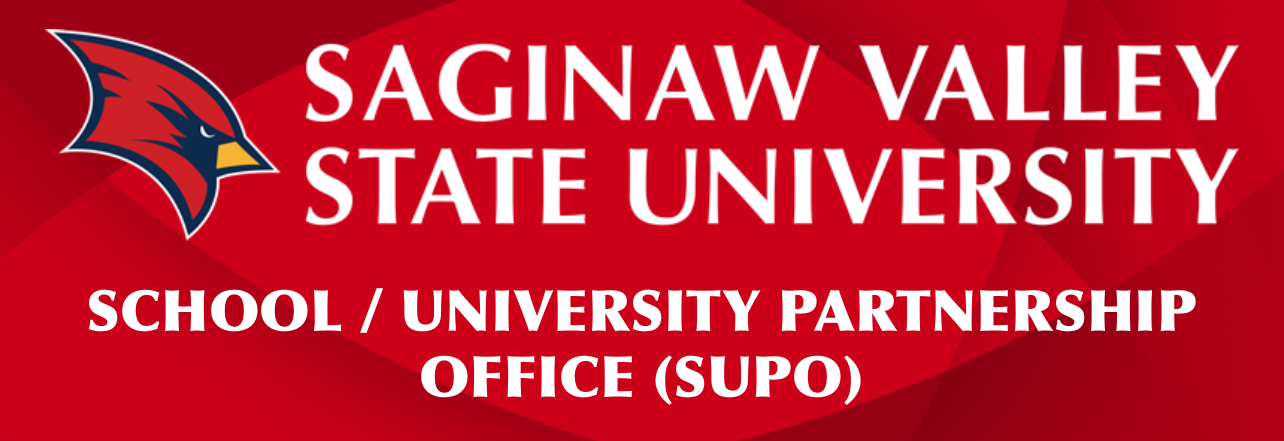-
By: Keri Harrison
Branch Line School will guide students in an individualized, small school atmosphere that cultivates intellectual freedom, respect for others, and service to the community in order to produce critical thinkers and informed global citizens. The bold words there are what we call our branches.
Here is a definition of the word MISSION – The ultimate goal or purpose toward which one strives; one’s reason or motivation to continue existing, operating, or working. Here at Branch Line, our mission is woven in and out of everything that is done at school. It is displayed in every classroom, in our hallways, and discussed often.
Each year, our Culture Committee promotes a different “branch” each month, we study, research, and learn what that branch means to us individually as well as a whole school. Students and staff get to explain what they learned about that particular branch that month – and also ways they’ve seen it played out.
INTELLECTUAL FREEDOM
Intellectual freedom encompasses the freedom to hold, receive and disseminate ideas without restriction. In kid-speak: Intellectual freedom is the right to have information, learn information, and teach that information without limits.The idea here being that there can be many different answers to the same question. Also, there may be many different ways to solve a problem – we all have the right to choose our own way.
Examples:
- Choosing work that is at your level
- Choosing your own topics
- Choosing what to do next
- Teaching a classmate about what you’ve learned
- Finding a different way to “show what you know”
- Choosing where to learn
- Extending the learning after the expectation is met
- Alternate seating
RESPECT FOR OTHERS
Respect is the experience of being heard and knowing that someone cares. Contrary to popular belief, respect is not earned, it is a basic human right afforded to everyone. In kid-speak: showing honor. speaking gently, being professional.Just as adults want students to listen and think about instructions, students want to feel heard and understood in return – the definition goes both ways.
Examples:
- First time obedience (if a trusted adult asks for something to be done – do it the first time) – they are free to ask questions – but at a later time.
- Remaining calm, using an inside-voice, even when mad or upset.
- Assuming the good in people first.
- Being an active listener (open body language, attention, maybe even eye-contact).
- Showing respect even if another person is being disrespectful to you. (all the time).
- Respecting objects–leaving space as it was found, not breaking things, not tearing things.
COMMUNITY SERVICE
Community service is work done by a person or group of people that benefits others. It is often done near the area where you live, so your own community gets the benefits of your work. You do not get paid to perform community service. In kid-speak: Helping people around you. Being available. Showing service without complaint.Community service can help any group of people in need. It can also help animals, such as those at a shelter, and it can be used to improve places, such as a local park, historic building, or scenic area as well.
Examples:
- Recycling
- Cleaning up after ourselves, not leaving things out in the open (such as paper, trash, etc)
- Donations to homeless or food banks
- Doing something for others for no reward
CRITICAL THINKING
Critical thinking is that mode of thinking — about any subject, content, or problem — in which the thinker improves the quality of his or her thinking by skillfully analyzing, assessing, and reconstructing it. Critical thinking is self-directed, self-disciplined, self-monitored, and self-corrective thinking. It entails effective communication and problem-solving abilities, as well as a commitment to overcome our native egocentrism and sociocentrism. In kid-speak: Thinking deeply and reflecting. Wondering why.Examples:
- Raising vital questions and problems, formulating them clearly and precisely
- Gathering and assessing relevant information, using abstract ideas to interpret it effectively
- Comes to well-reasoned conclusions and solutions, testing them against relevant criteria and standards
- Thinking with an open mind, recognizing and assessing their assumptions, implications, and practical consequences
- Communicating effectively with others in figuring out solutions to complex problems
- Asking why (discovery rather than being told an answer)
- Making connections
GLOBAL CITIZENSHIP
Global citizenship is the idea that everyone, no matter where they live, is part of a worldwide community. Although your life may not look like the lives of people in other countries, you share similar experiences, like playing games or having a family. Being a global citizen means that you look for these similarities and try to understand how life may be different for other people. In kid-speak: Appreciating, being interested in, and enjoying what makes people different than ourselves. Accepting what is different without saying, “Ew!” or “Weird!” Instead say, “I’ve never seen that before” “I don’t know what that is, can you tell me?”Examples:
- learning or asking about other cultures–cultures can include other countries or just other families
- wanting to understand what makes us different
By: Keri Harrison









Leave a Reply